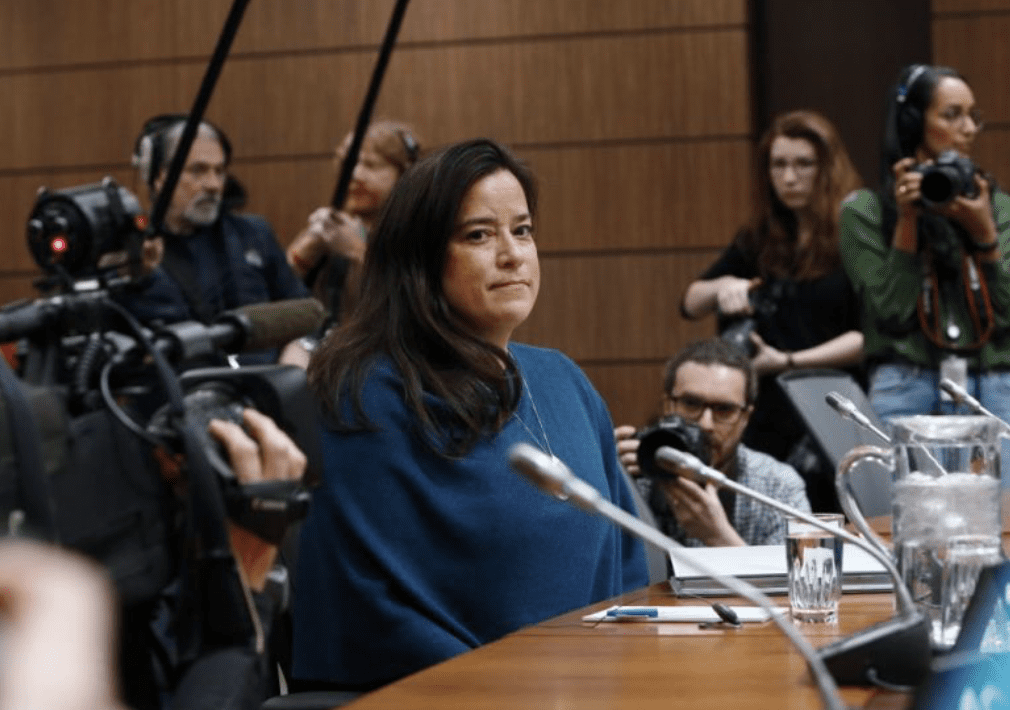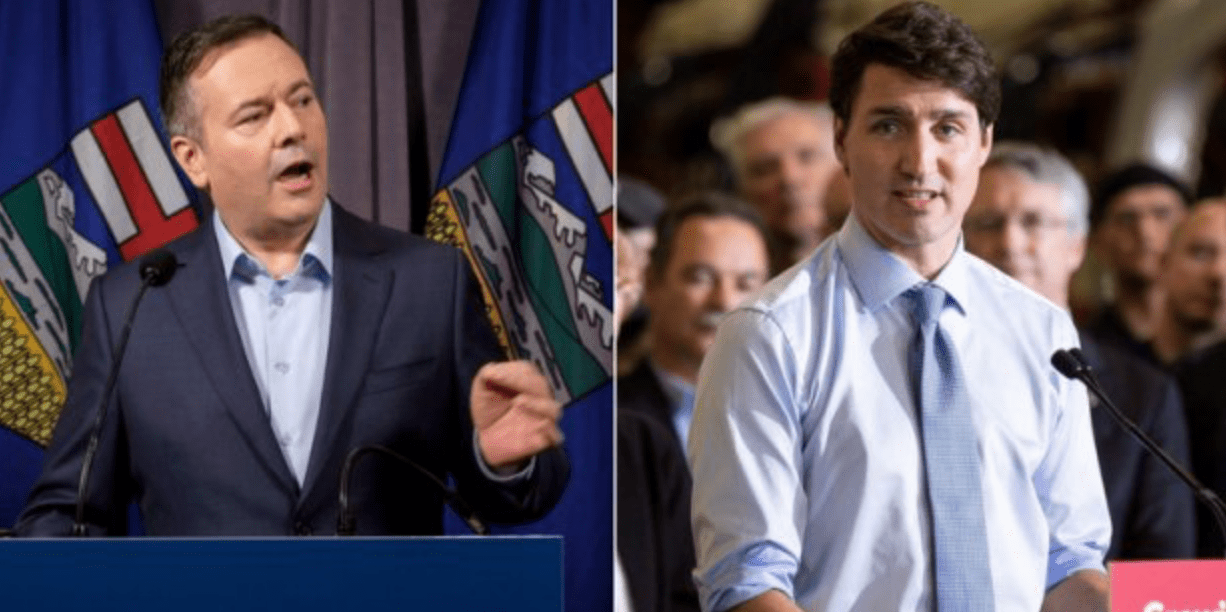As the Double-Hyphen Affair continues to drag on, with stunts being the only reliable way to try and keep it in the headlines at this point, I have been starting to get the sinking feeling that so much of what transpired was an inevitability that many of the factors, whether improper or not, were largely a function of the way in which Canada works writ large, and how politics follows. It wouldn't have mattered if the Conservatives were in power at the time (or even the NDP, as unlikely as that may be) the power structures in this country as they are ensured that something like this was going to happen eventually, whether with SNC-Lavalin, or with some other large company that is "too big to fail," or indeed prosecute.
Part of the problem is Canada itself we are a vast country with a very small population, which makes economies of scale difficult for any company in any sector. It's why we've become this nation of oligopolies, be it in telecom or engineering services. It's a problem particularly with regards to competition and enforcement something that the former Commissioner of Competition, Melanie Aiken, told me in an interview a few months ago regarding the search for a new Commissioner (which has since concluded with the appointment of Matthew Boswell as the full-time Commissioner following an interim appointment).
"You're bucking up against an oligopolistic community in business Canada that doesn't like to be told what to do," said Aiken. "When the [Competition] Act is violated, you have to have a lot of courage to advance and protect the public interest against the very powerful private interests out there [that] are accustomed to controlling the regulatory worlds around them."
Sound familiar? The lobbying effort undertaken by SNC-Lavalin in order to both get a deferred prosecution regime put into place, and to advocate for their eligibility for such an agreement, is indicative of the kinds of attitudes that this oligopolistic community displays. Now, it's likely that the deferred prosecution regime would have come into place if the Conservatives were still in power, as this has been something that has been in the works for the past decade, according to the lawyers in the field that I've spoken to ever since the UK and other similar Western countries started implementing these regimes. That Canada didn't have one yet was putting us at a disadvantage. And if it had been under the Conservatives, it's quite possible it would have been part of an omnibus budget bill as well, though perhaps far less transparently than this one was.
The point that Aiken made about courage is also very salient, because if there's one thing that this country lacks, it's a great deal of political courage. That's frequently evident in the way that parties on both sides treat the Supreme Court of Canada as a game of "Mother, May I?" constantly getting them to weigh in first, so that Parliament can be "forced" into making any changes to its laws that are overdue. The use of retired Supreme Court justices for political cover is also a favoured tactic on both sides of the aisle. One notable example for the Conservatives was to get legal opinions from two former Supreme Court justices when it came to their attempt to appoint Justice Marc Nadon to the Supreme Court without his having a membership on the Quebec Bar, for all the good it did them. That the Liberal PMO would float the idea of getting a "second opinion" on the applicability of a DPA from such a justice is not unique to them, but is a constant failing of how politics in this country works these days. We constantly need the validation of the SCC as "Mother" before decisions can be made.
There has also been much digital ink spilled regarding the way in which SNC-Lavalin managed to recruit a board of so many well-connected faces when they cleaned house, most prominently the former Clerk of the Privy Council, Kevin Lynch. Yes, Lynch is connected and has access to powerful players in Ottawa, but until 2013, the chair of SNC-Lavalin was Gwyn Morgan, who was a close connection with Stephen Harper remember that Harper had selected Morgan to run an "arm's-length" political appointments commission that was to be part of Harper's sweeping ethics reforms until the opposition balked, and Harper did away with the whole appointments commission idea in a fit of pique. SNC-Lavalin is good at what they do, and it's hard to fault them as such. Again, it's how things get done, for better or worse, and they're not unique in that regard.
Which leads us to the inevitable rebuttal about how Justin Trudeau promised that he would do politics differently when he came to power in 2015. If that's the case, then why does so much of this look the same as it always has? In part because change is hard, particularly when you have such structural challenges in this country like its oligopolistic nature. I don't doubt that Trudeau did try to make changes there was an attempt at "government by Cabinet" back in 2015, and I would hear Liberal staffers who had come from Queen's Park talk about how far less central it was at the time, but that attempt didn't hold. A combination of institutional inertia, the political instincts of Trudeau's top advisors, who came from the very centralized Queen's Park, and changing circumstances made centralization an almost involuntary reflex.
One of the key factors was the election of Donald Trump, which forced Trudeau to shift all of best and brightest people from other files to salvaging NAFTA, leaving less capable staff and ministers to manage a very ambitious agenda that he still wanted to fulfill, and the sad truth is that centralization is one way to help get results. Of course, that means that we get to hold him to account for that fact, but we shouldn't pretend that this is unique to Trudeau, or that things would have happened differently with another party in power. So much of it is just a function of Canada, which means we need to work harder to change the status quo.








